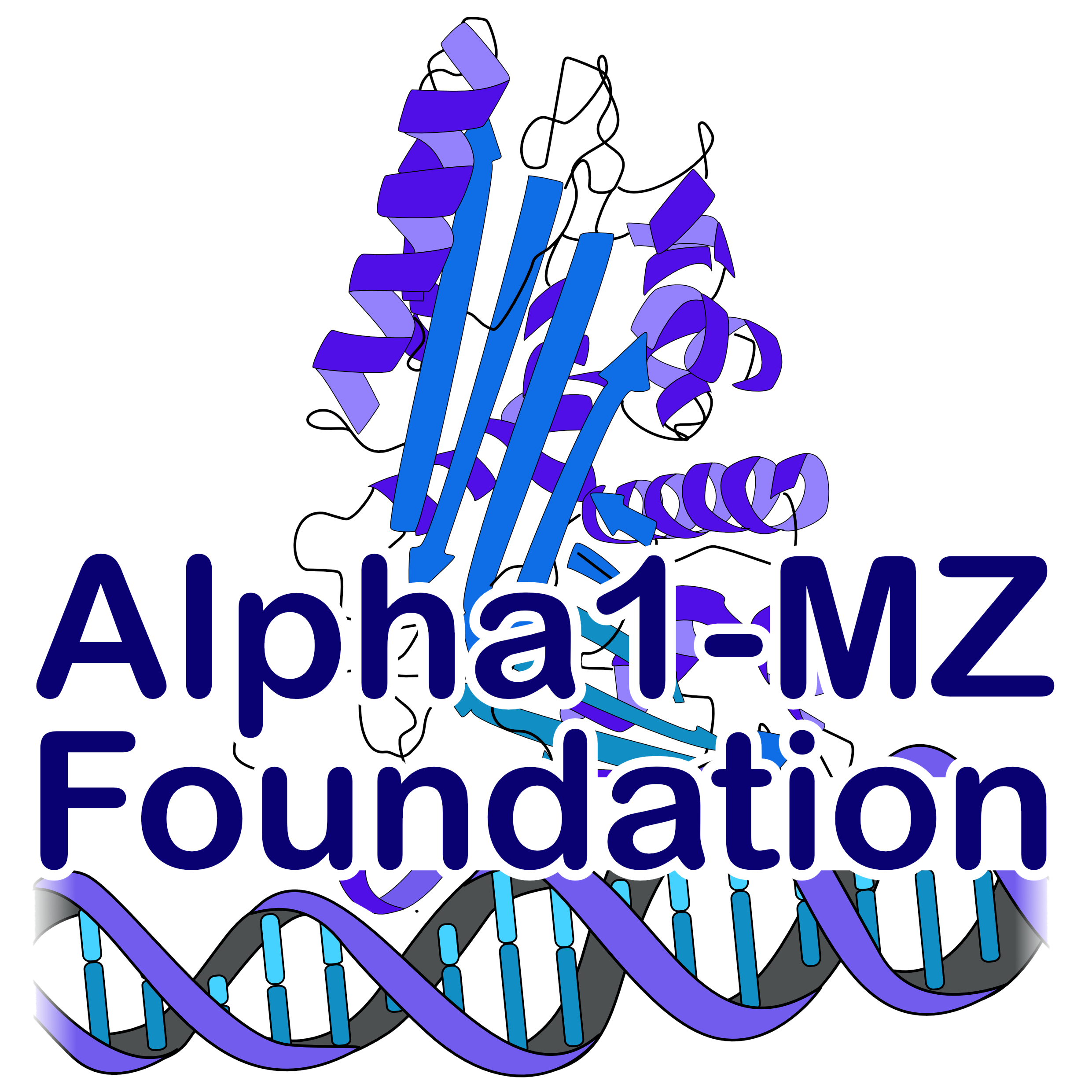Alpha-1 antitrypsin (AAT) deficiency primarily affects the lungs and liver, but it can also have skin-related effects, most notably leading to a condition called panniculitis.
Skin impact of alpha-1 antitrypsin deficiency:
1. Necrotizing panniculitis – a rare but serious inflammatory skin condition:
• Painful red nodules or plaques (often on the legs, thighs, or buttocks).
• Can ulcerate, leading to draining lesions and scarring.
• Worsens with trauma or pressure on the skin.
2. Increased susceptibility to infections:
• AAT deficiency impairs immune regulation, making bacterial and fungal skin infections more likely.
• Delayed wound healing due to chronic inflammation.
3. Accelerated skin aging & elastin breakdown:
• AAT protects elastin, a key protein for skin elasticity.
• Deficiency may contribute to premature skin aging, sagging, and loss of firmness.
4. Psoriasis & other inflammatory skin conditions (less common):
• Some studies suggest AAT deficiency may be linked to psoriasis or eczema, but this is not fully established.
